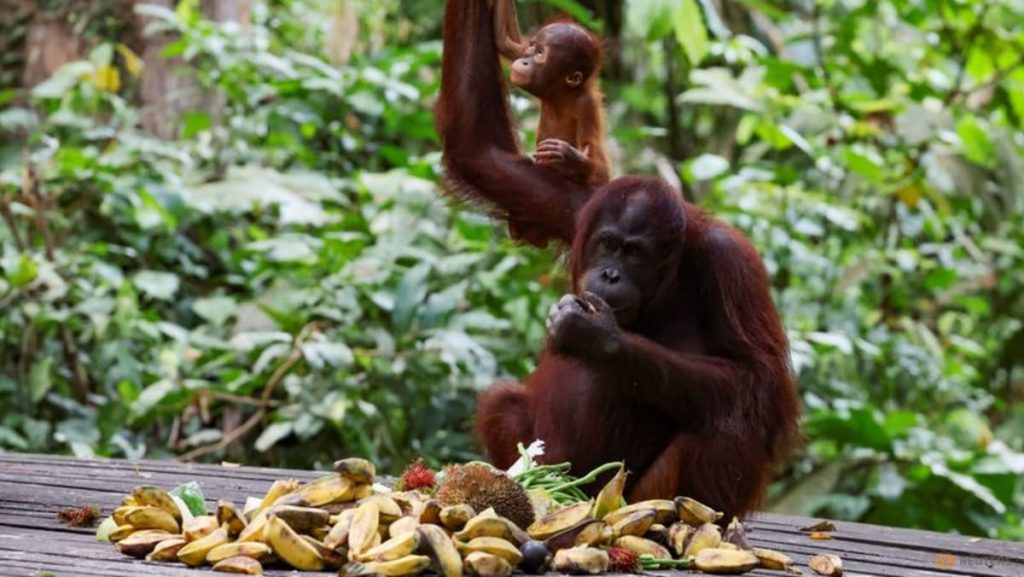Minister Johari Abdul Ghani recently stated that any gifted orangutans will remain in Malaysia, where conservation activities will be carried out in forest areas or patches within oil palm plantations with high conservation value. These areas are designated to provide orangutans with space to move freely, find food, and reproduce without interference from humans or other activities. This decision reflects the ongoing efforts to protect and preserve the endangered species in their natural habitats.
China is known for its use of panda diplomacy as a form of soft power, lending pandas to foreign zoos under strict conditions, including the return of any offspring to join China’s breeding program. This approach has been effective in strengthening international relationships and promoting cooperation in conservation efforts. By utilizing this strategy, China has been able to raise awareness about endangered species and foster global cooperation in wildlife conservation initiatives.
Palm oil, which is commonly used in a variety of products such as foods, cosmetics, soap, and shampoo, is a significant commodity produced by Malaysia and Indonesia. Together, these two countries account for the majority of global palm oil output. The demand for palm oil continues to rise due to its versatile applications, leading to concerns about the impact of palm oil production on the environment and wildlife habitats, including orangutans. Efforts are being made to address these environmental challenges and promote sustainable practices in the palm oil industry.
The decision to keep gifted orangutans in Malaysia highlights the importance of preserving the natural habitats of endangered species and ensuring their conservation in suitable forest areas. By creating designated spaces within oil palm plantations for orangutans to thrive without human interference, the government is taking steps to protect the fragile ecosystems that these animals rely on. This approach reflects a commitment to promoting environmental sustainability and biodiversity conservation in a key region for palm oil production.
As a major producer of palm oil, Malaysia plays a significant role in the global supply chain for this commodity. The palm oil industry is essential for the country’s economy, providing employment opportunities and contributing to economic growth. However, concerns have been raised about the environmental impact of palm oil production, including deforestation and habitat loss for wildlife such as orangutans. Efforts are being made to address these challenges through sustainable practices and conservation initiatives to protect the natural resources and biodiversity of Malaysia.
Overall, the decision to keep gifted orangutans in Malaysia underscores the government’s commitment to conservation efforts and sustainable practices in the palm oil industry. By promoting wildlife conservation and environmental sustainability, Malaysia aims to balance economic development with the protection of natural ecosystems and endangered species. Through collaborative efforts with other countries and international organizations, Malaysia can work towards biodiversity conservation and responsible palm oil production to address environmental concerns and protect the habitat of orangutans and other wildlife species.


